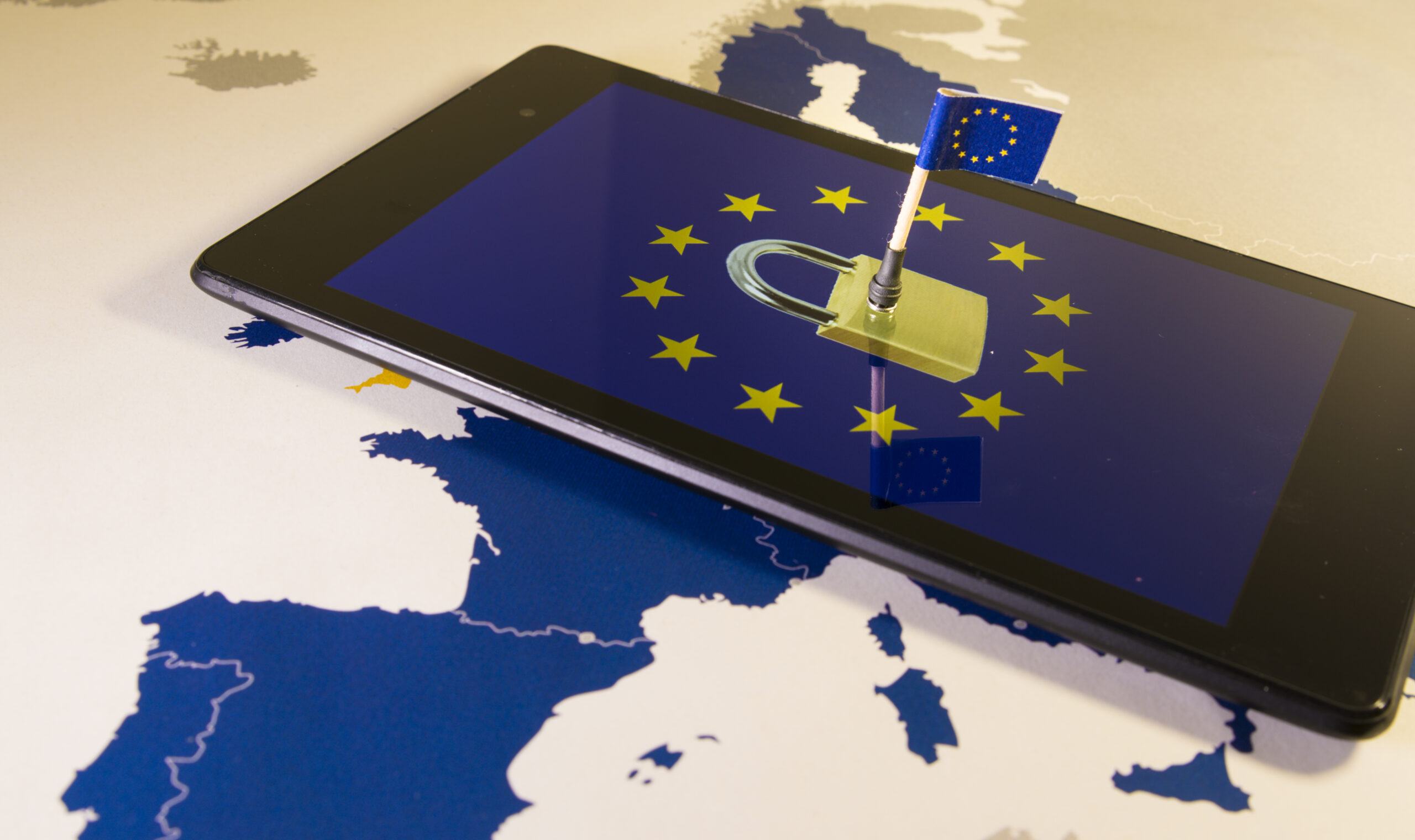In today’s digital-first business environment, communications compliance has become a vital cornerstone of organisational governance. It encompasses the comprehensive policies, procedures, and technologies that ensure all business interactions, both internal and with customers, adhere to regulatory requirements and industry standards. From email correspondence and instant messaging to voice calls and social media interactions, maintaining compliance across all communication channels is essential for safeguarding both your organisation and its stakeholders.
Importance of Communications Compliance
The significance of communications compliance extends far beyond mere regulatory adherence. In an age where data breaches and compliance failures can devastate an organisation’s reputation overnight, proper communications compliance serves as a crucial safeguard. UK organisations face increasingly complex regulatory landscapes, with authorities implementing more stringent requirements and substantial penalties for non-compliance.
Organisations with strong compliance programmes not only mitigate the risk of costly penalties but also achieve greater operational efficiency and build stakeholder trust. Regulatory bodies such as the Financial Conduct Authority (FCA) continue to highlight the rising impact of communication failures, underscoring the need for effective compliance measures.
“Communications compliance is not just about ticking boxes,” says Colin Watts, Product Manager at Wordwatch “It’s about creating a culture of integrity and transparency that protects your organisation, your employees, and your customers.”

Key Components of Communication Compliance
Regulatory Compliance
Adhering to relevant laws and regulations is the foundation of communications compliance. This includes understanding and implementing requirements from various regulatory bodies, such as the FCA, ICO, and sector-specific regulators.
Monitoring and Auditing
Regular monitoring of communications channels and periodic audits are essential to ensure ongoing compliance. This involves using advanced technologies to track, record, and analyse communications across various platforms.
Regulatory Framework
GDPR
The General Data Protection Regulation (GDPR) and its UK equivalent, the UK GDPR, set stringent standards for data protection and privacy. Organisations must implement specific measures for managing communication data, including:
– Maintaining detailed records of processing activities
– Ensuring proper consent management
– Implementing robust security measures

MiFID II
The Markets in Financial Instruments Directive II (MiFID II) imposes strict record-keeping requirements on financial services firms, mandating the recording and retention of all communications related to transactions.
DORA
The Digital Operational Resilience Act (DORA), set to come into effect in January 2025, aims to strengthen IT security and operational resilience across the EU financial sector. Key aspects include:
– Comprehensive ICT risk management frameworks
– Incident reporting procedures for major ICT-related incidents
– Regular digital operational resilience testing
– Stringent third-party risk management, especially for critical ICT service providers
UK firms serving EU clients will need to comply with DORA, potentially necessitating changes in their operational and compliance strategies.

SM&CR
The Senior Managers and Certification Regime (SM&CR) emphasises the importance of clear communication trails and accountability in financial services firms.
Applications of Communications Compliance
Financial Services
In the financial sector, communications compliance is crucial for preventing insider trading, market manipulation, and other forms of financial misconduct. Case Study: A major UK bank implemented a comprehensive communications compliance system, reducing regulatory fines by 75% and improving customer trust scores by 30%.
Contact Centres
Contact centres must ensure that all customer interactions comply with data protection regulations and industry standards. This includes recording calls, securing sensitive information, and providing transparent communication.
Healthcare
Healthcare providers must align their communication practices with NHS Digital requirements and the Caldicott Principles, ensuring patient confidentiality while maintaining effective communication channels.
Benefits of Communications Compliance
Risk Mitigation
A robust communications compliance programme helps organisations identify and mitigate potential risks before they escalate into serious issues.
Enhanced Reputation
Demonstrating a commitment to compliance can significantly enhance an organisation’s reputation among customers, partners, and regulators.
Operational Efficiency
By streamlining communication processes and reducing the risk of non-compliance, organisations can improve overall operational efficiency.
How to Implement Communications Compliance
Implementing an effective communications compliance programme requires a strategic approach:
- Develop clear policies and procedures
- Invest in appropriate technology solutions
- Provide regular training to employees
- Establish monitoring and auditing processes
- Regularly review and update your compliance programme
What does the future hold for Communications Compliance?
There is no doubt that the future of communications compliance will be shaped by technological advancements and evolving regulatory requirements. Some of these emerging trends include:
Artificial Intelligence
AI-powered systems are becoming increasingly sophisticated at identifying potential compliance issues and reducing false positives. “AI will revolutionise how we approach communications compliance,” predicts Colin Watts, Product Manager at Wordwatch. “It will allow us to process vast amounts of data more efficiently and accurately than ever before.”
Automated Compliance
The move toward automated compliance processes helps organisations maintain standards while reducing manual oversight requirements.
Integrated Platforms
The future points toward more integrated compliance solutions that combine multiple compliance functions into single, comprehensive platforms.

Wordwatch for Communications Compliance
Wordwatch, an innovative compliance archiving and records management solution, ensures regulatory compliance while managing and analysing regulated organisations’ voice and digital communications records.
Our platform:
Simplifies record keeping practices to aid compliance
- Rapidly locate and retrieve specific recordings amongst billions of records, with search results returned in seconds
- Preserve original recording formats with a verified Chain-of-Custody
- Demonstrate the authenticity and reliability of data and bolster trust with stakeholders and regulatory bodies
Empowers compliance teams to take control of interaction records
- Comprehensive data management controls help meet regulatory requirements to safeguard compliance
- Rapid export options provide small scale, simple playback and metadata through to extensive bulk exports with verifiable authenticity.
- Empower compliance teams with the tools to independently access and retrieve records, enabling them to respond promptly to compliance inquiries.
- Seamlessly integrates with existing systems
Contact Wordwatch today to learn how we can help you achieve and maintain communications compliance.
Get in Touch With Us.
FAQs
What is communications compliance and why is it important for businesses?
Communications compliance refers to the policies, procedures, and technologies that ensure all business communications adhere to regulatory requirements and industry standards. It’s crucial for businesses because it helps prevent legal issues, protects sensitive information, maintains customer trust, and ensures operational integrity. In an era of increasing regulatory scrutiny and digital communication, robust compliance measures are essential for risk management and maintaining a positive reputation.
How can effective communications compliance support regulatory compliance?
Effective communications compliance is a cornerstone of overall regulatory compliance. It ensures that all business communications, whether internal or external, meet the standards set by various regulatory bodies. This includes maintaining proper records, protecting sensitive data, and ensuring transparency in all interactions. By implementing strong communications compliance measures, organisations can more easily demonstrate their adherence to regulations during audits, reduce the risk of fines and penalties, and foster a culture of compliance throughout the organisation.
What are the common challenges in achieving communications compliance?
Organisations often face several challenges in achieving communications compliance:
- Keeping up with rapidly evolving regulations
- Managing compliance across multiple communication channels (email, social media, voice calls, etc.)
- Balancing compliance requirements with operational efficiency
- Ensuring employee understanding and adherence to compliance policies
- Implementing and maintaining effective monitoring and auditing systems
- Managing the costs associated with compliance technology and training
What are the penalties for failing to adhere to communications compliance standards?
Penalties for non-compliance can be severe and may include:
- Substantial financial fines (often in the millions for serious breaches)
- Legal action and potential criminal charges for severe violations
- Reputational damage that can lead to loss of business and customer trust
- Regulatory sanctions, including potential loss of licenses or permissions to operate
- Mandatory remedial actions that can be costly and time-consuming to implement
The specific penalties can vary depending on the nature and severity of the violation, as well as the relevant regulatory framework.
How can an organisation keep up with regulatory changes in communications compliance?
To stay current with regulatory changes, organisations should:
- Regularly monitor updates from relevant regulatory bodies
- Engage with industry associations and attend compliance-focused events
- Invest in ongoing training for compliance staff
- Utilise compliance management software that includes regulatory update features
- Establish a dedicated team or individual responsible for tracking and implementing regulatory changes
- Conduct regular compliance audits to identify areas that may need updating
- Partner with legal experts or compliance consultants for guidance on complex regulatory matters
By staying proactive and making compliance a continuous process, organisations can better navigate the ever-changing regulatory landscape.
